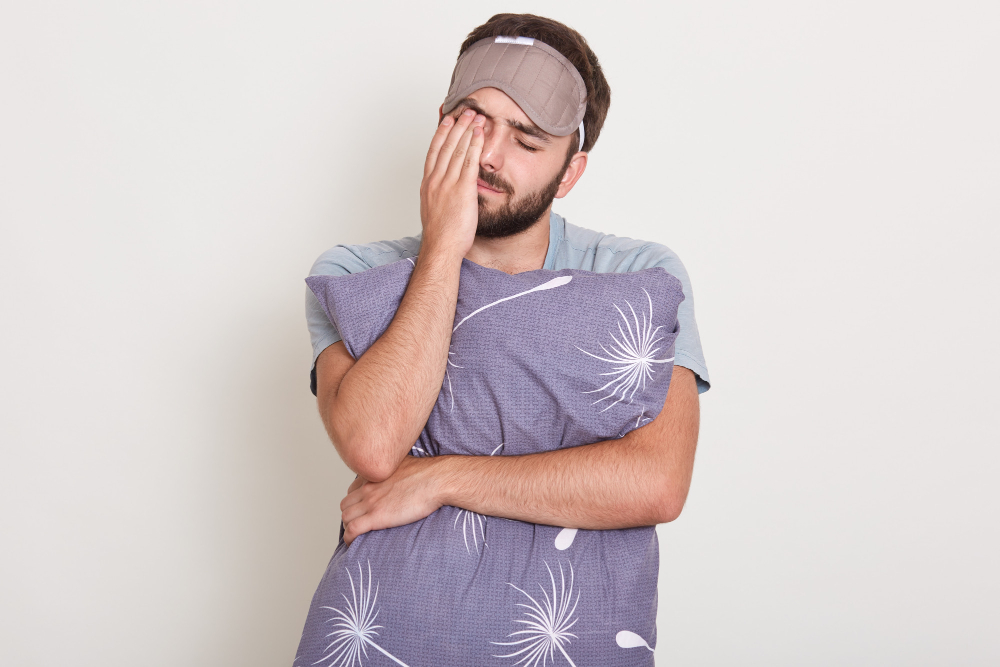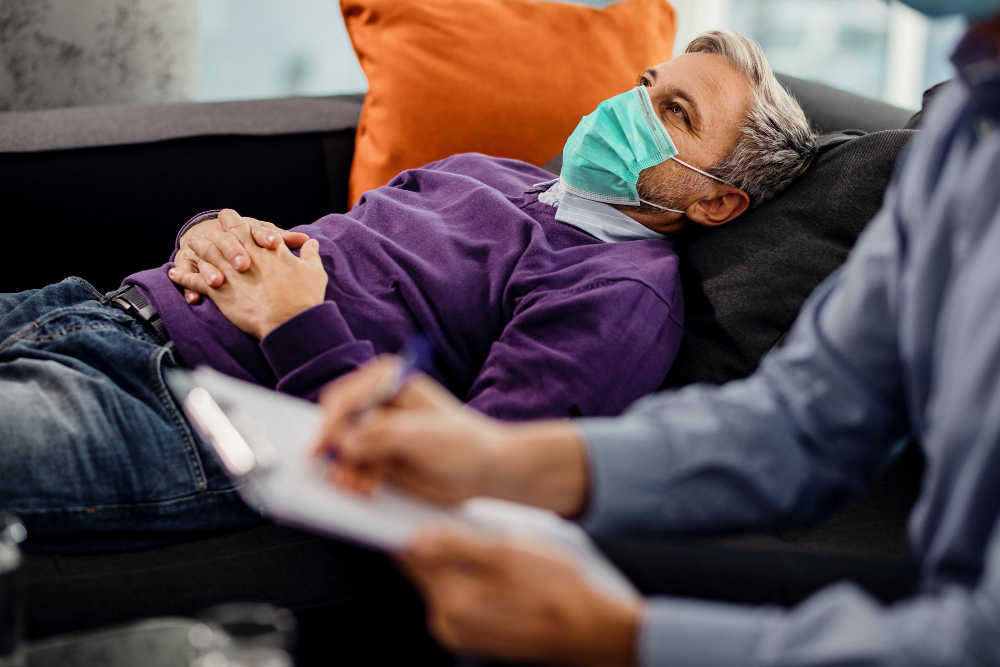Narcolepsy is a long-term condition that affects the brain’s ability to control sleep and wakefulness, causing overwhelming daytime sleepiness. People may suddenly fall asleep during daily activities and can also experience muscle weakness, sleep paralysis, or vivid dreams.
Narcolepsy is a long-term neurological condition that disrupts the brain’s ability to regulate the normal sleep–wake cycle. People with narcolepsy often experience overwhelming daytime tiredness and may suddenly fall asleep during everyday activities such as talking, eating, or working.
Some individuals may also develop additional symptoms, including cataplexy (a sudden, brief loss of muscle control), sleep paralysis, or vivid dream-like hallucinations. While narcolepsy can be challenging, the right treatment and lifestyle support can make symptoms much more manageable

Narcolepsy can look different for everyone, but common symptoms include:
Not everyone experiences all of these symptoms, but if several sound familiar, it may be worth seeking specialist advice.

If narcolepsy is suspected, a detailed assessment is needed to confirm the diagnosis. Because the symptoms can overlap with other sleep disorders, it’s important to rule out other possible causes of excessive tiredness first.
At our clinic, the assessment usually begins with a specialist consultation, where we take a full medical history and discuss your sleep patterns, symptoms, and how they affect your daily life. You may also be asked to keep a sleep diary or wear an actigraphy device (a wrist-worn monitor) for a short period to track your sleep–wake cycle.
The most accurate way to diagnose narcolepsy is through specialist sleep studies:
These tests are painless and non-invasive but provide vital information to confirm the diagnosis and guide treatment.
While narcolepsy is a lifelong condition, there are many ways to manage the symptoms and improve quality of life. Treatment is usually tailored to each individual and may involve a combination of medication, lifestyle changes, and ongoing support.
At our Private Sleep Clinic, we work with a wide network of specialists — including sleep physicians, neurologists, psychologists, and lifestyle experts — to create a personalised care plan that works best for you.
Treatment options may include:
With the right treatment plan, many people living with narcolepsy are able to manage their symptoms effectively, regain confidence, and continue to live full and active lives.

Getting in touch is the first step towards better sleep. Our dedicated private sleep clinic team is here to answer your questions, guide you through the booking process, and explain how we can support your journey to more restful nights. Whether you’re struggling with insomnia, sleep apnoea, or simply want a professional assessment, we’ll make sure your enquiry is handled quickly, professionally, and with the care you deserve. Reach out today and let us help you take the next step towards healthier, restorative sleep.